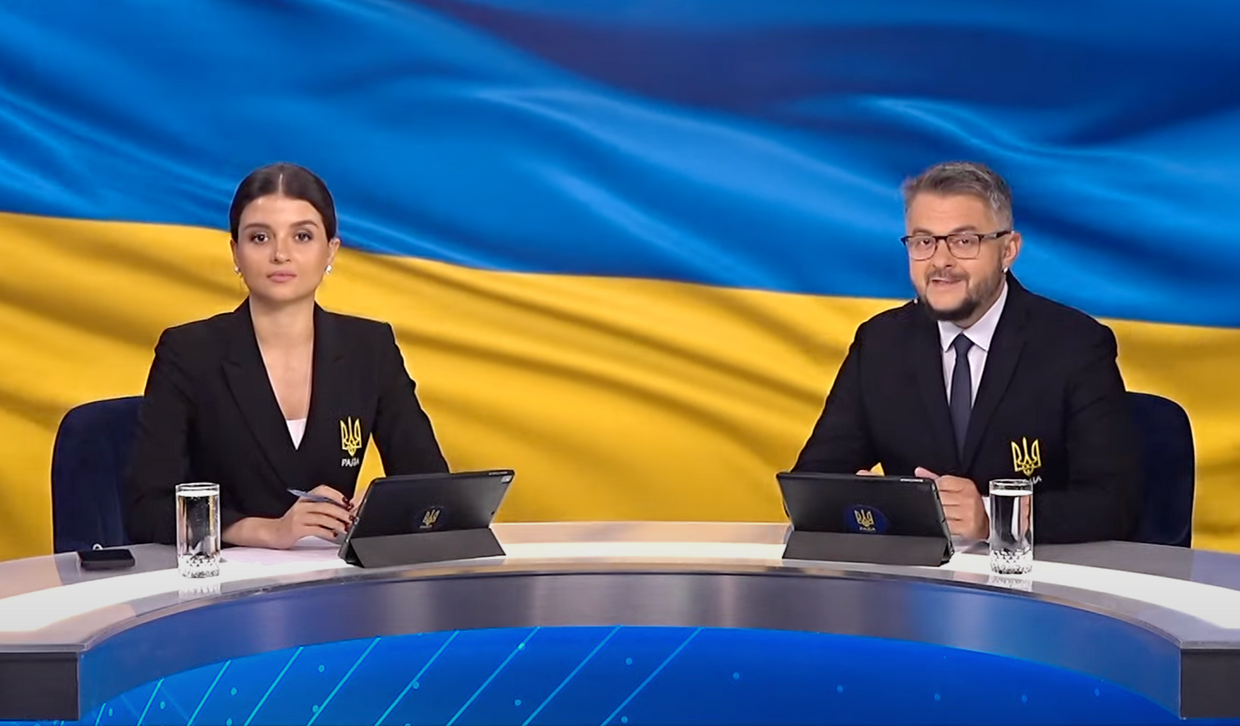Swiss parliament again votes down re-export of arms to Ukraine

A considerable majority of the Swiss National Council, Switzerland's lower house of parliament, voted against a proposal to amend the rules regarding the re-export of Swiss-made weapons to Ukraine, the Swiss legislature reported on Sept. 27.
The proposed amendment was rejected by 135 lawmakers and only approved by 48. It was put forth by the Council of States, or the upper house of parliament.
The Swiss parliament previously voted against a similar proposal, and Switzerland has also blocked the transfer of Swiss-made Leopard 1 tanks currently in Italy to Ukraine. Following Switzerland's long-term neutrality policy, the country's law does not currently allow the delivery of Swiss weapons to combat zones, even when supplied by an intermediary country.
According to the Swiss parliament, the committees have agreed on a compromise proposal from the National Council that will permit re-exports to countries at war "if the UN Security Council or a two-thirds majority of the UN General Assembly has sanctioned the violation of international law."
In this case, buyer nations would still need to agree not to re-export the weapons for at least five years.
In an address to Switzerland's parliament on June 15, President Volodymyr Zelensky brought up the ongoing debate in the Swiss parliament on the re-export of the Swiss arsenal, reminding them of Ukraine's need for military aid.
"I would like to call on you to remember one fact: We are asking for arms deliveries so that Ukrainian soil can become a territory of peace again," he said.
After Zelensky's speech, Brigitte Häberli-Koller, the president of the parliament's upper house, said: "Even a neutral state has the right, indeed the duty, to stand up for its fundamental values such as democracy, the rule of law, and human rights."
Members of the right-wing Swiss People's Party boycotted the speech, saying it violates the country's tradition of neutrality.














